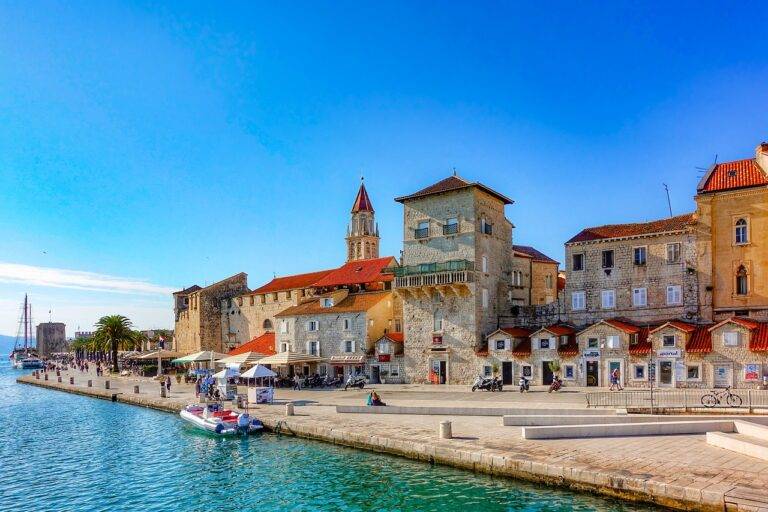The Emergence of Digital Nomadism: Remote Work and Travel Lifestyles
Digital nomadism is a lifestyle that allows individuals to work remotely while traveling and exploring different locations around the world. Rather than being tied to a specific workplace, digital nomads leverage technology to complete their tasks and communicate with their team members from anywhere with an internet connection. This flexibility gives them the freedom to choose their work environment, whether it be a co-working space in Bali, a coffee shop in Paris, or a beachfront cafe in Thailand.
The rise of digital nomadism has been fueled by advancements in technology, making it easier than ever for people to stay connected and productive while being on the move. With the increasing availability of remote work opportunities and the growing popularity of freelance platforms, individuals are now able to design a lifestyle that blends work and travel seamlessly. Digital nomadism not only provides a sense of freedom and adventure but also challenges traditional notions of work, encouraging a more flexible and innovative approach to professional life.
The Benefits of Remote Work
Remote work offers a range of advantages to both employees and employers. For workers, the flexibility to create their own schedules and work from anywhere in the world can lead to increased job satisfaction and work-life balance. Additionally, the ability to avoid long commutes can save time and reduce stress levels.
Employers also benefit from remote work arrangements. By allowing employees to work from home, companies can access a wider talent pool globally and reduce overhead costs associated with maintaining physical office spaces. Furthermore, remote work often boosts productivity as employees are able to design their work environment to suit their needs and preferences.
– Remote work offers flexibility for employees to create their own schedules
– Employees can work from anywhere in the world, leading to increased job satisfaction and work-life balance
– Avoiding long commutes saves time and reduces stress levels for workers
– Employers benefit from accessing a wider talent pool globally with remote work arrangements
– Remote work helps reduce overhead costs associated with maintaining physical office spaces
– Productivity often increases as employees design their work environment to suit their needs and preferences
Popular Destinations for Digital Nomads
For digital nomads seeking a vibrant city with a unique mix of culture, history, and modern amenities, Chiang Mai in Thailand is a top choice. With its affordable cost of living, reliable Wi-Fi, and abundance of co-working spaces and cafes, Chiang Mai has become a hotspot for remote workers from around the world. From exploring ancient temples and lush mountain trails to indulging in delicious street food and connecting with like-minded professionals, Chiang Mai offers a perfect blend of work and play for digital nomads.
Another popular destination for digital nomads is Lisbon, Portugal, known for its laid-back atmosphere, stunning architecture, and breathtaking views of the Atlantic Ocean. With its mild climate, affordable living costs, and thriving startup scene, Lisbon has become a magnet for remote workers looking to experience the European lifestyle while working remotely. Whether strolling through historic neighborhoods, sipping on local wines, or attending networking events in trendy co-working spaces, Lisbon provides a dynamic and inspiring environment for digital nomads to thrive.
What is a digital nomad?
A digital nomad is someone who uses technology to work remotely and live a location-independent lifestyle, often traveling while they work.
What are some benefits of remote work for digital nomads?
Some benefits of remote work for digital nomads include the ability to travel while working, flexibility in setting their own schedules, and the opportunity to explore new cultures and environments.
What are some popular destinations for digital nomads?
Some popular destinations for digital nomads include Bali, Chiang Mai, Lisbon, and Medellin, all known for their affordability, vibrant expat communities, and reliable internet access.





